Moscow signals openness to Trump as Lavrov praises ‘common-sense’ approach
- Update Time : Wednesday, April 16, 2025
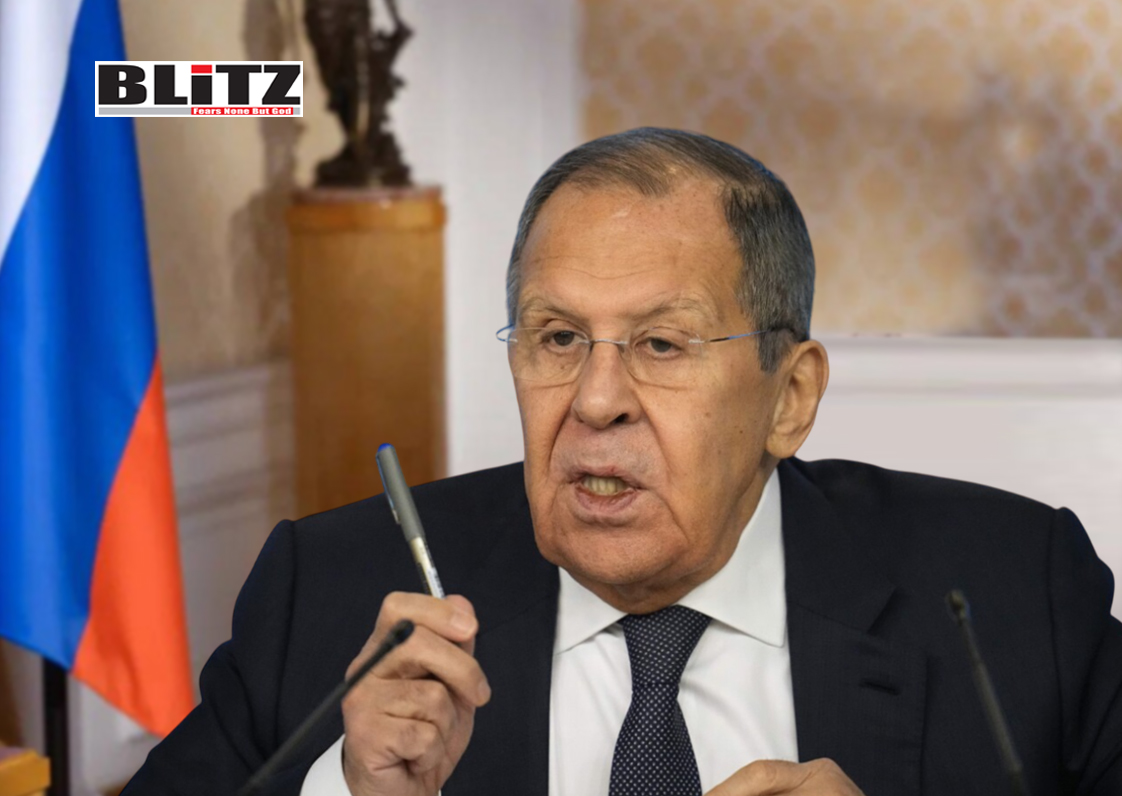
In a candid and politically loaded interview published by Russian newspaper Kommersant on April 14, Russian Foreign Minister Sergey Lavrov outlined the Kremlin’s growing preference for dealing with US President Donald Trump over former President Joe Biden. Lavrov’s remarks offer rare insight into how Russia perceives the shifting dynamics in American foreign policy, particularly as the conflict in Ukraine drags into its third year.
According to Lavrov, the key reason for Moscow’s willingness to continue diplomatic engagement with Washington lies in what he described as Trump’s “common-sense” and pragmatic approach to global affairs. In contrast, Lavrov accused the Biden administration-and the broader US-European alliance-of not only mismanaging the Ukraine crisis but also being the root cause of it.
Lavrov did not mince words when criticizing the Biden administration’s Ukraine policy. He reiterated a long-standing Russian narrative that blames the West for orchestrating the 2014 Maidan uprising in Ukraine, which ousted then-President Viktor Yanukovych. “The US and EU organized and funded the anti-constitutional coup in Kiev,” Lavrov said, suggesting that this event triggered the ongoing confrontation with Russia.
In Lavrov’s view, Trump is markedly different in that he seeks to understand “the root cause” of the conflict, rather than doubling down on ideological rhetoric or military escalation. “Trump has repeatedly said that the colossal mistake which led to the current events in Ukraine was the Biden administration’s decision to drag Ukraine into NATO,” he noted, echoing Kremlin talking points.
This framing reflects Moscow’s long-standing objection to NATO’s eastward expansion, which it views as a strategic encroachment on its sphere of influence. The Biden administration has, in Russia’s eyes, pursued policies that intensify this tension-arming Ukraine, encouraging Kyiv’s NATO aspirations, and isolating Moscow diplomatically.
Lavrov’s comments also shed light on the emerging channels of unofficial dialogue between the Trump camp and the Kremlin. In February, Trump initiated a series of back-channel negotiations with Russia aimed at brokering a ceasefire in Ukraine. His personal envoy, real estate developer Steve Witkoff, has already met with President Vladimir Putin three times this year, with the latest meeting taking place in St. Petersburg on April 11.
While these talks are unofficial and not tied to the current US administration, they nonetheless signal a potential pivot should Trump return to the White House in 2025. Lavrov expressed cautious optimism about the discussions, especially after a round of negotiations in Saudi Arabia earlier this year.
During that session, Lavrov recalled, the US delegation-led by Secretary of State Marco Rubio and National Security Adviser Mike Waltz-acknowledged that other nations have independent national interests that may not always align with those of the United States. “That, in itself, was a refreshing change,” Lavrov said, adding that it marked a break from the Biden-era assumption of American primacy.
Lavrov argued that Russia and the United States, as global powers, have a responsibility to manage their differences in a way that avoids direct confrontation. He quoted US officials from the Trump camp as saying that when interests don’t align, the two sides must do “everything possible” to prevent escalation. Conversely, when interests do align, both nations should “not waste an opportunity” to pursue cooperation.
This kind of rhetoric stands in stark contrast to the Biden administration’s current posture, which Russia views as uncompromising, moralistic, and heavily reliant on alliances that are hostile to Moscow’s security concerns.
Lavrov made it clear that Moscow has no illusions about diplomatic traps. “We know perfectly well what a mutually beneficial deal looks like-something we have never rejected-and what a deal designed to lure us into another trap looks like,” he said. The statement signals both openness to engagement and a warning that Russia remains cautious, despite its preference for dialogue.
The timing of Lavrov’s comments is crucial. With US elections on the horizon, Russia may be positioning itself for a potential Trump victory. Lavrov’s public expression of trust in Trump is not merely a diplomatic flourish-it is a strategic calculation. Russia sees in Trump a leader who prioritizes national interest over ideological crusades, someone who might be willing to cut deals and de-escalate where others have escalated.
It also fits into a broader Russian strategy of undermining Western unity. By singling out Trump as distinct from the European Union and the United Kingdom, Lavrov is subtly encouraging intra-Western division. “Unlike EU countries and the UK, the Trump administration is trying to get to the bottom of the issue,” he emphasized.
This tactic mirrors past Kremlin efforts to exploit differences between Western powers, often to relieve pressure on Moscow or gain strategic leverage.
Whether Trump’s informal negotiations will bear fruit remains uncertain, especially given that he holds no official power at the moment. However, Moscow’s open endorsement of Trump’s approach raises questions about how global power dynamics could shift in 2025.
For now, Lavrov’s remarks suggest that the Kremlin sees the Trump team as not just more pragmatic, but also more willing to recognize Russia as an essential player in global security arrangements. While Biden champions a rules-based international order led by democratic values, Trump appears-at least in Lavrov’s telling-to favor a transactional, interest-based diplomacy that Moscow finds far more agreeable.
As the Ukraine conflict grinds on and the US election cycle heats up, Lavrov’s interview may prove to be more than a diplomatic footnote. It could be a preview of what future US-Russia relations might look like-and a signal that, should Trump return, Moscow will be ready to talk.


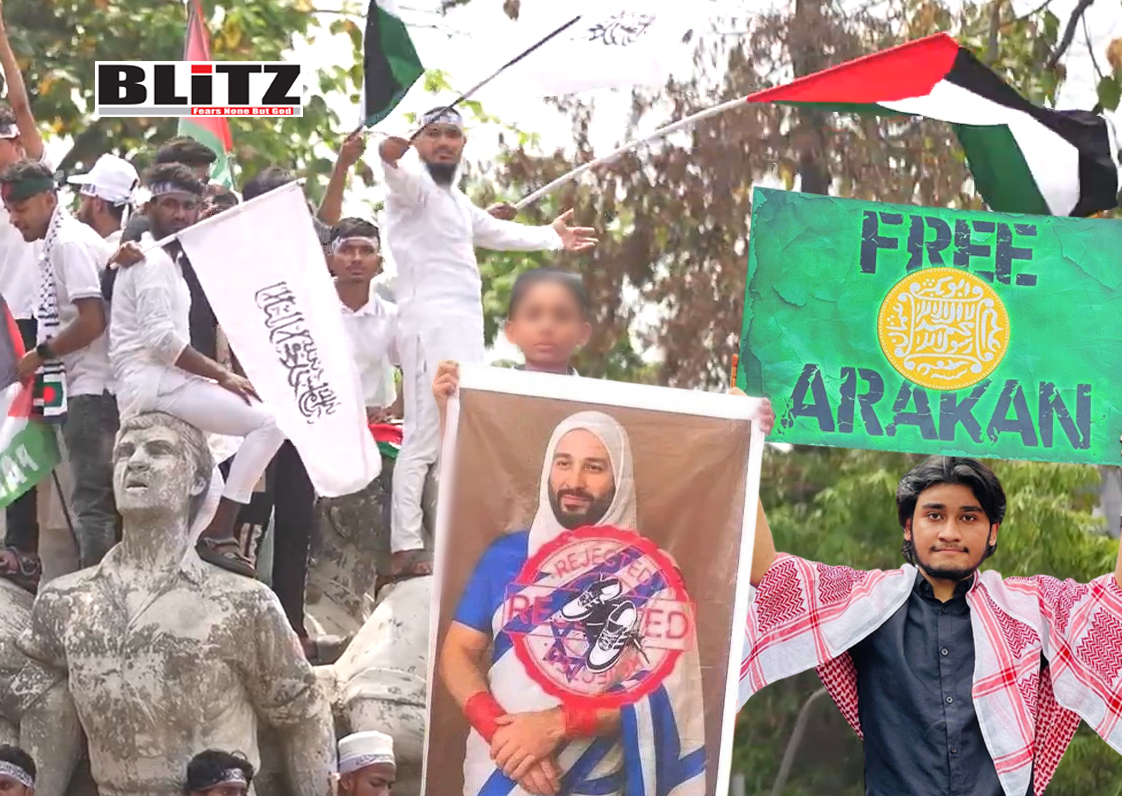
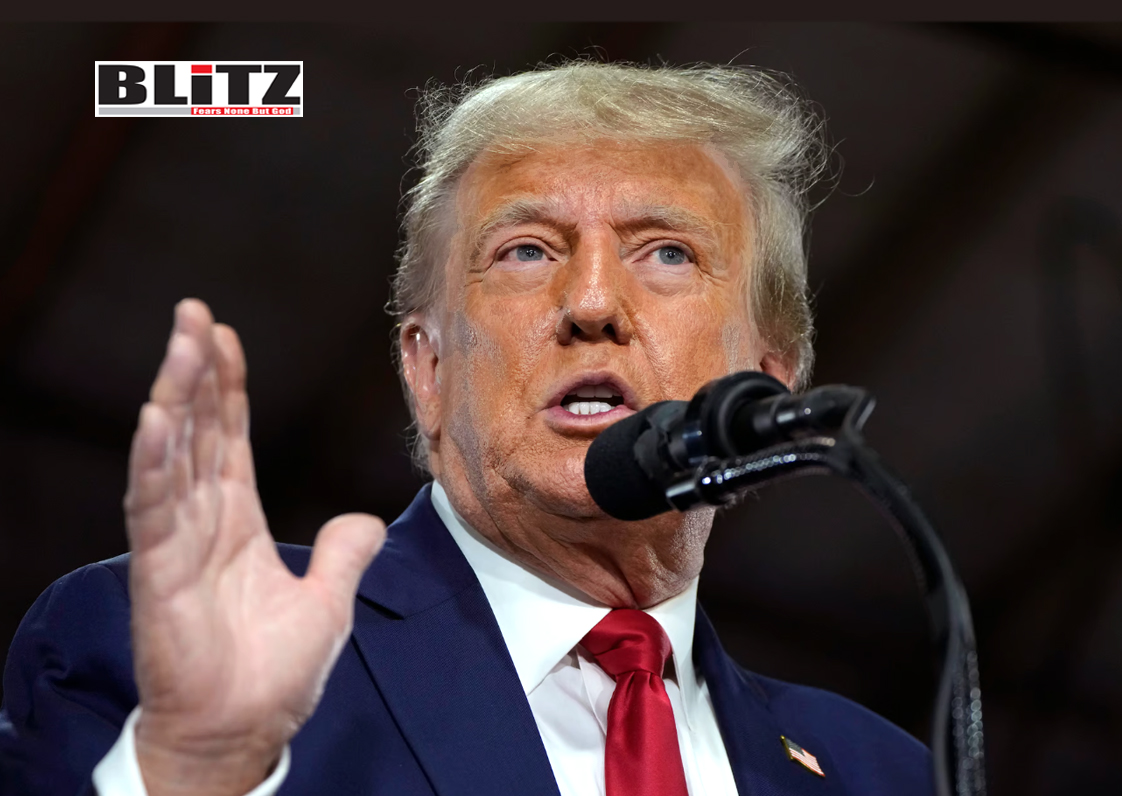
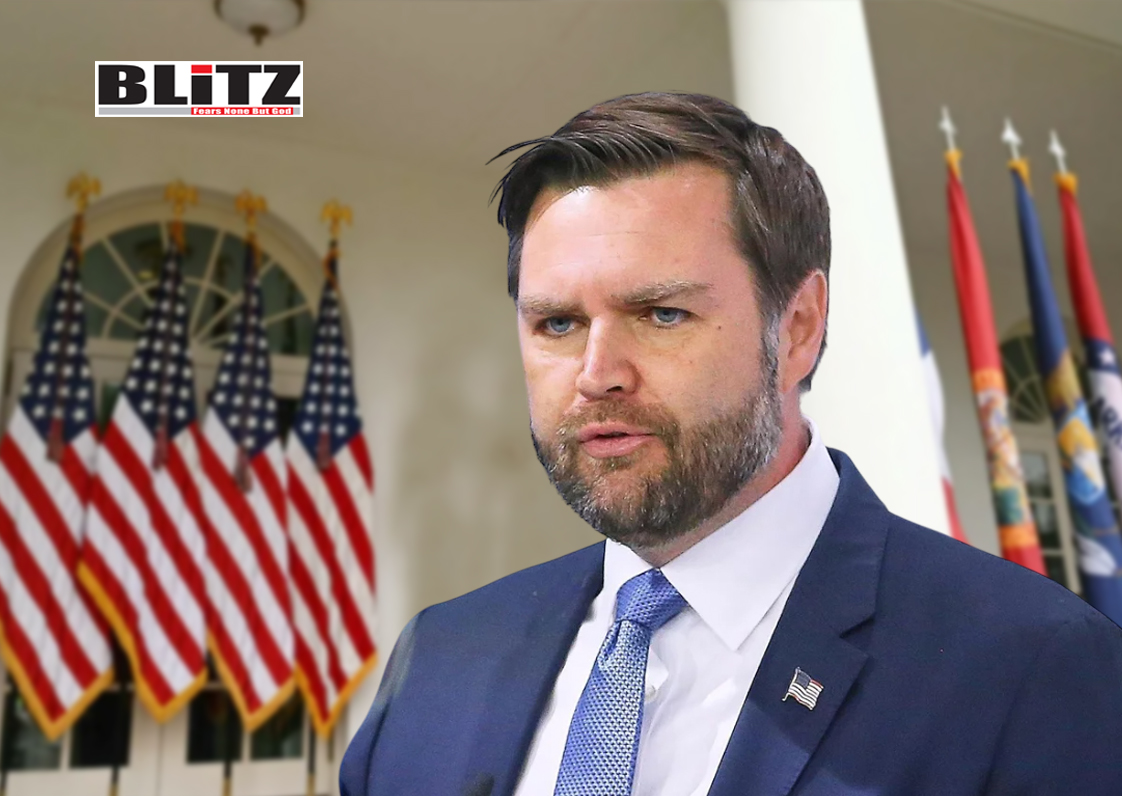
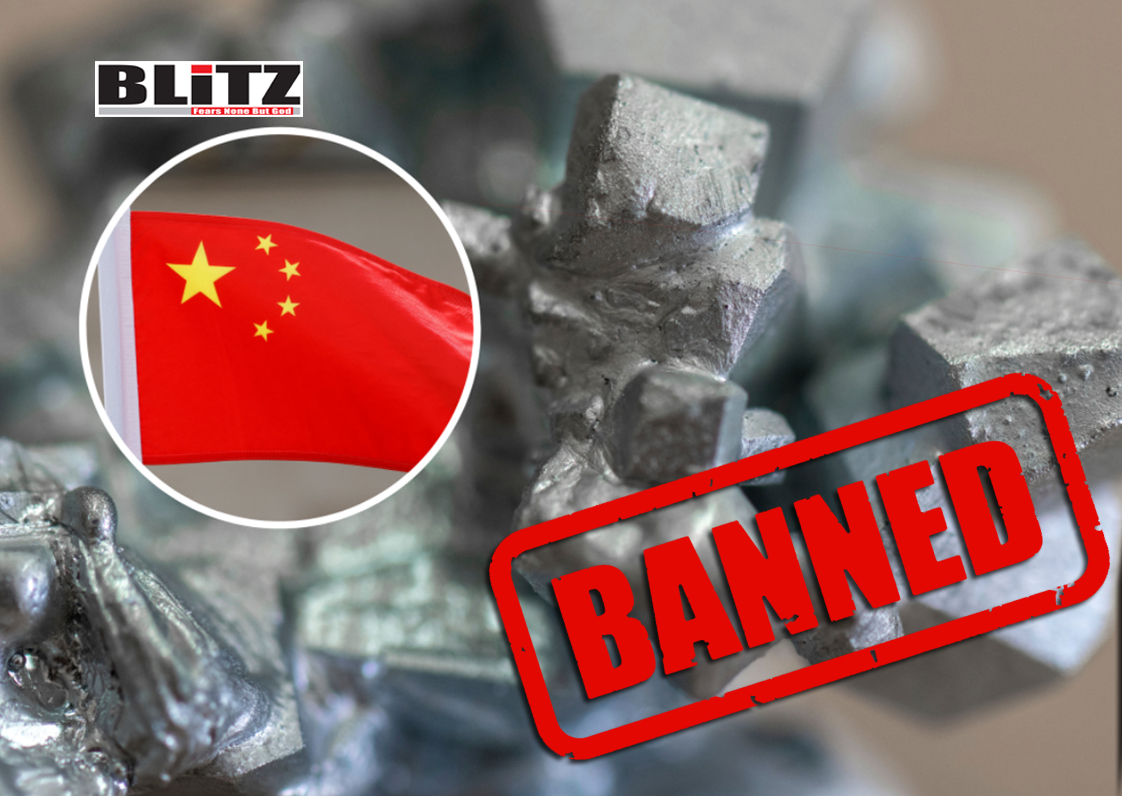
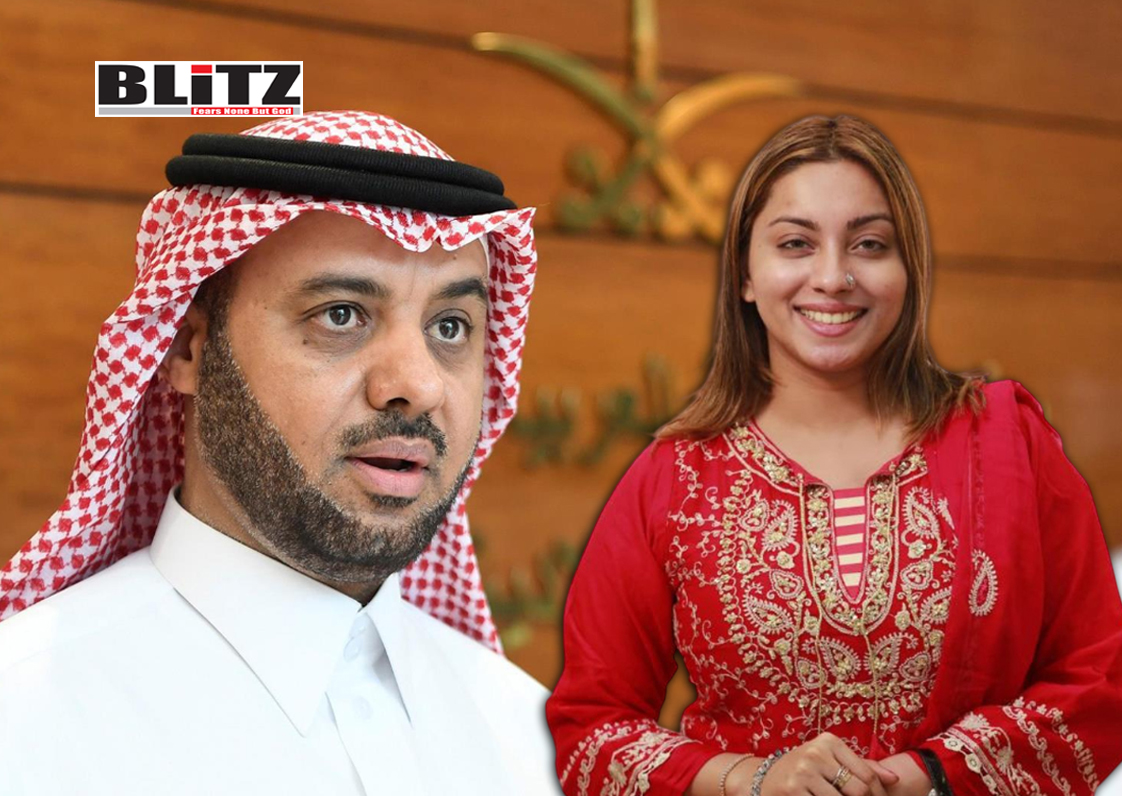
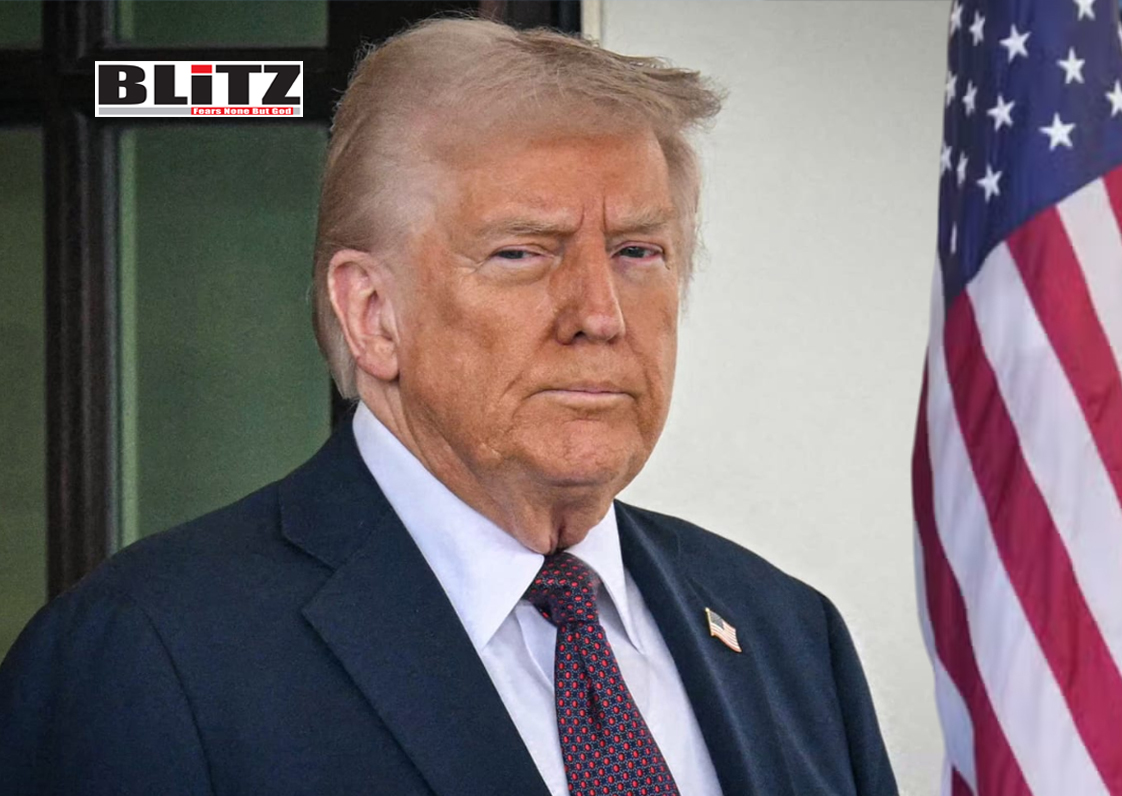
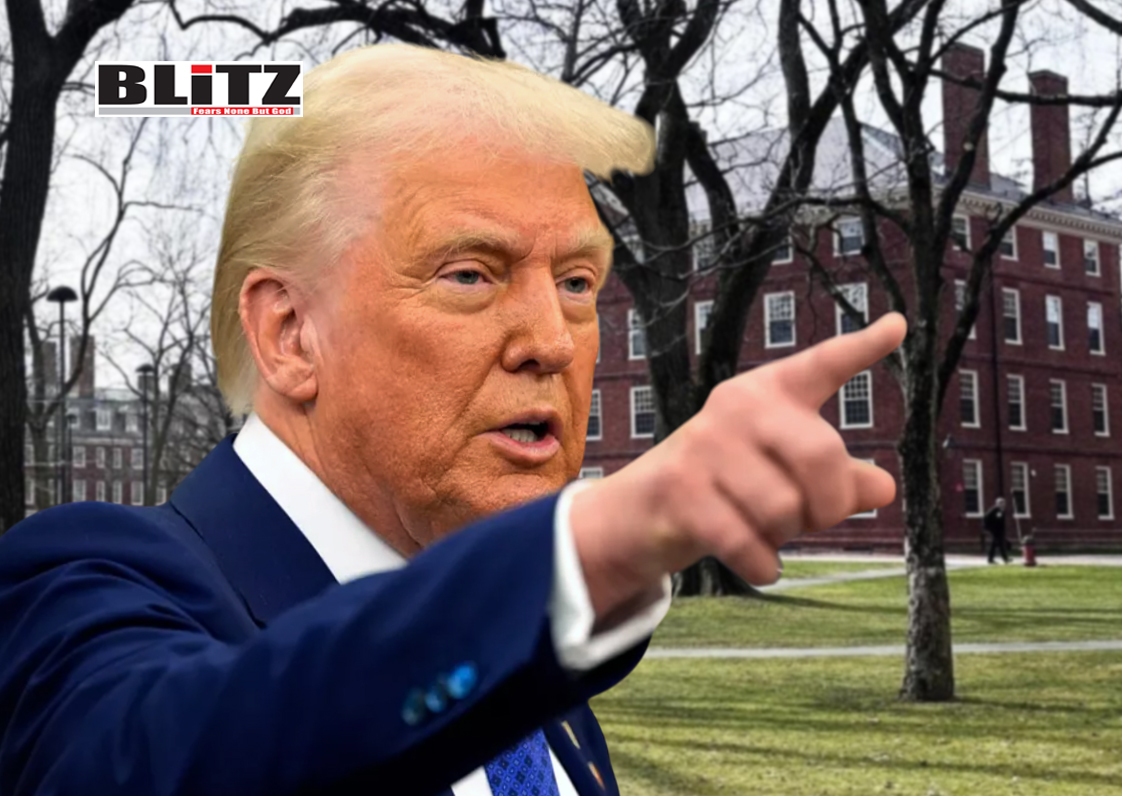
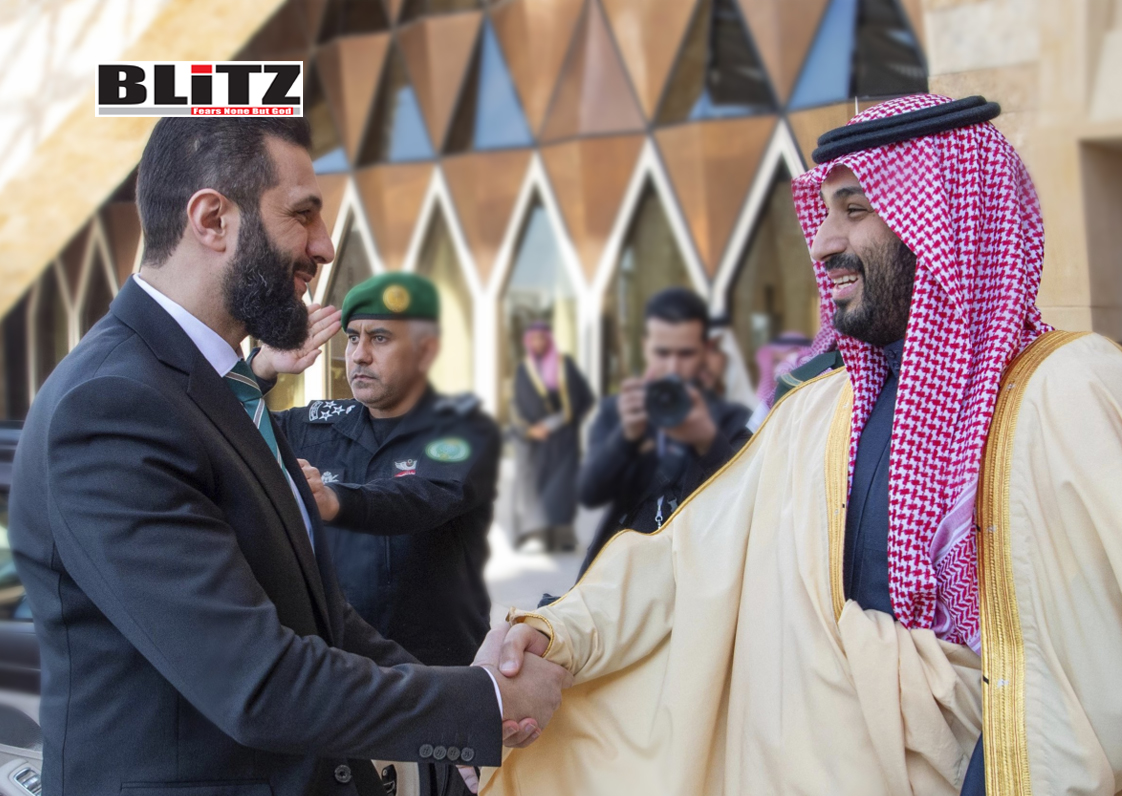
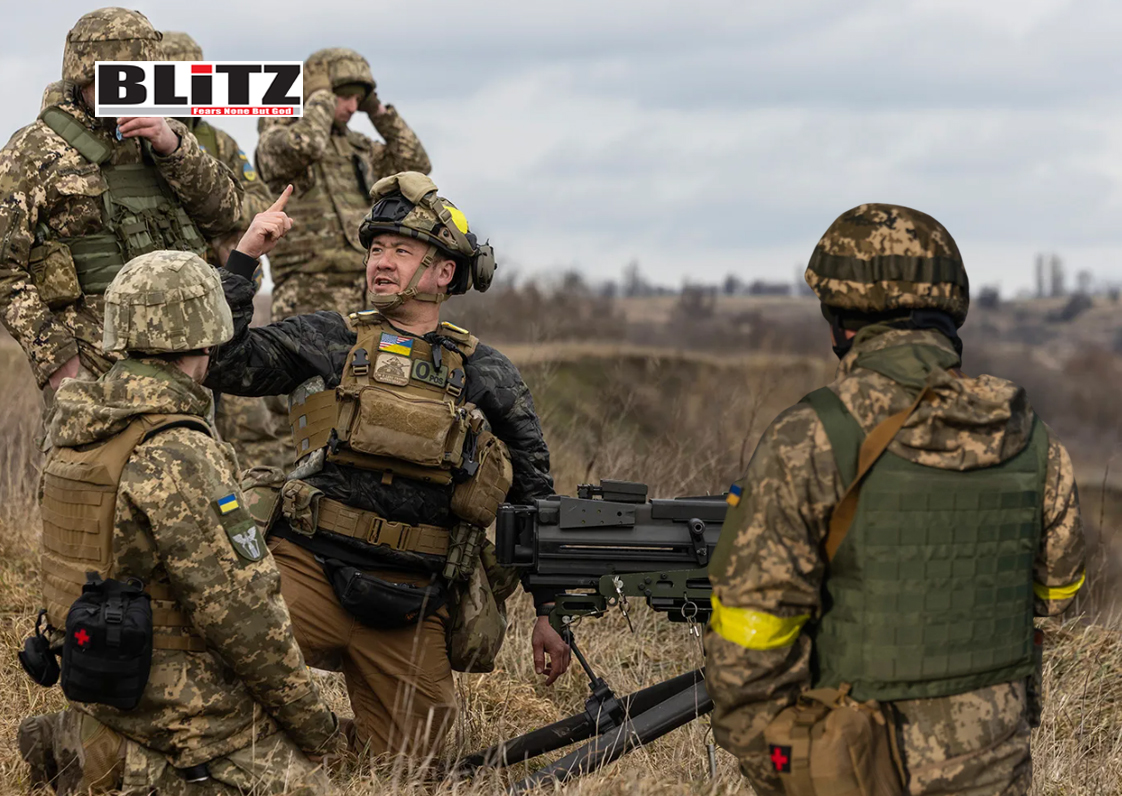
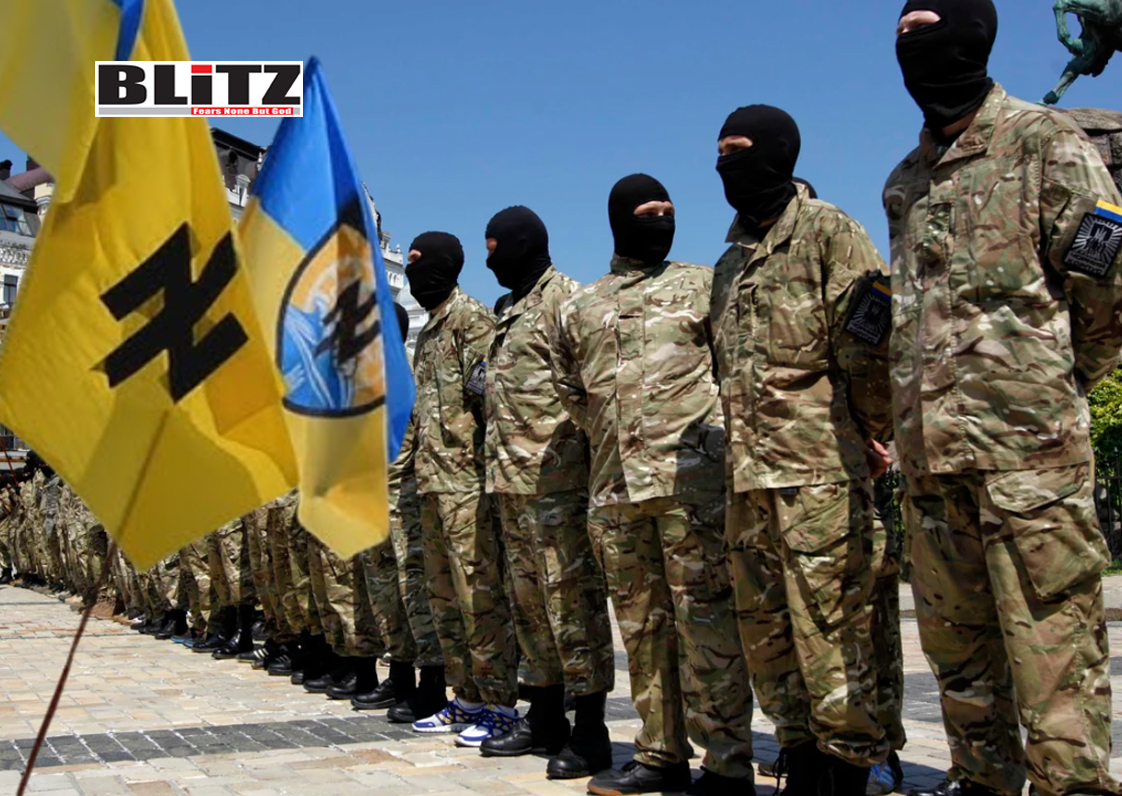
Leave a Reply